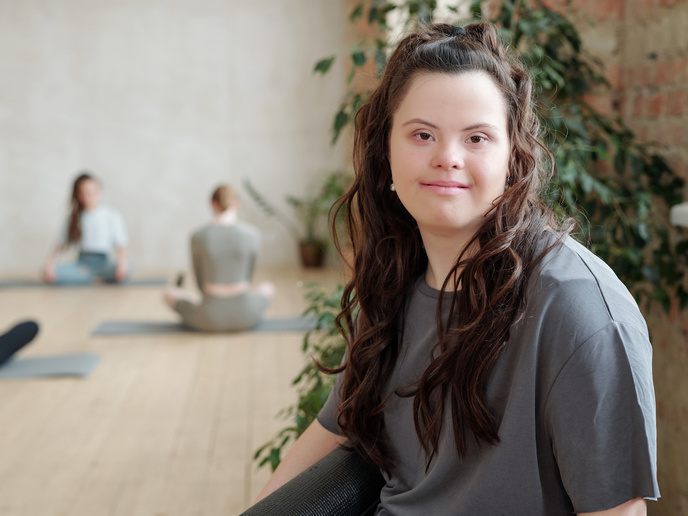Understanding the health needs of people with Down’s syndrome
New research(opens in new window) supported by the EU-funded GO-DS21(opens in new window) project is offering valuable insight into the health issues experienced by people with Down’s syndrome during their lifespan. Published in the journal ‘The Lancet Public Health’, the study furthers our knowledge of the needs of people living with the condition compared to those of people with other intellectual disabilities. As reported(opens in new window) on the website of GO-DS21 project partner King’s College London, this study is the first to investigate multiple morbidity across the lifespan in people with Down’s syndrome. Although it is well known that people with Down’s syndrome are more likely to develop certain health conditions, there is very little research on the pattern of such diseases during their lifetime and on how these conditions relate to each other. This lack of information has led to many deaths resulting from avoidable causes that could be prevented with better healthcare. The research team’s hope is that its findings will lead to “correct monitoring, support and treatment for health conditions at the right ages.” For their research, the team used electronic data obtained from medical practices in the United Kingdom for the period January 1990 to June 2020. Aided by this data, they compared the health records of around 10 200 people with Down’s syndrome, 69 150 people with intellectual disabilities and over 39 800 people from the general population acting as controls.
The highs and the lows
The researchers found that, compared with the general population, people with Down’s syndrome had a higher risk of dementia, hypothyroidism, epilepsy and haematological malignancy (e.g. leukaemia). However, they were less likely to suffer from asthma, cancer (solid tumours), ischaemic heart disease and especially high blood pressure. Compared to people with other intellectual disabilities, the risk of dementia, hypothyroidism and haematological malignancy was again higher in people with Down’s syndrome, with obstructive sleep apnoea replacing epilepsy as a higher risk in this category. However, they were found to be less at risk of conditions such as asthma, cancer (solid tumours), sleep disorders, diabetes and glaucoma. The study also revealed that people with Down’s syndrome who have one health condition will more likely have certain other conditions, too. The King’s College London news item provides examples. Obese people with Down’s syndrome will also probably have obstructive sleep apnoea, dementia and thyroid problems, and those suffering from one cardiovascular disease are more likely to also have another, for example ischaemic heart disease. “The results of this analysis provide health professionals with a more detailed understanding of the health needs of people with Down syndrome, and those with an intellectual disability, which will help to target care for these groups to reduce inequalities,” states the study’s senior author Prof. André Strydom of King’s College London in the news item. The GO-DS21 (Gene overdosage and comorbidities during the early lifetime in Down Syndrome) project ends in 2025. For more information, please see: GO-DS21 project website(opens in new window)



